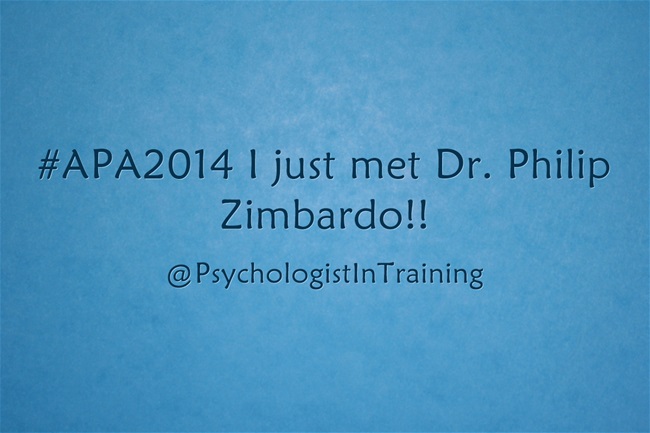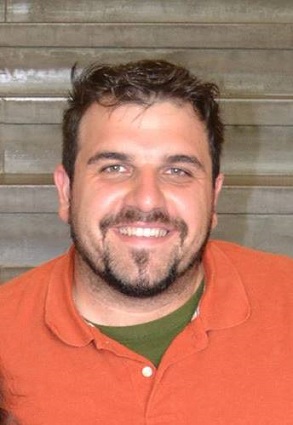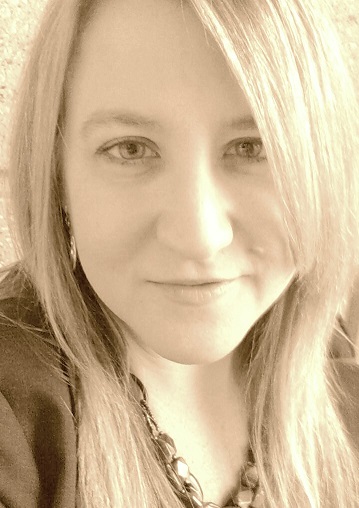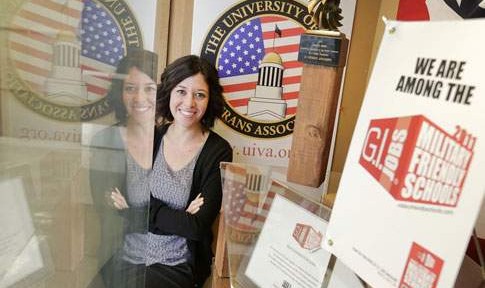 Finding your voice when things aren’t right
Finding your voice when things aren’t right
It wasn’t too long ago that I faced an ethical dilemma in my practicum, requiring me to quickly learn to speak up for myself and my clients. This was challenging on multiple levels: I knew I should speak up, but could I? What if the situation didn’t turn out in my favor? Would I be marked as a problematic student? Could I continue to work in that environment?
What I’ve found is that there are so many situations that we face as students that require self-advocacy skills—requesting to work with a faculty member, resolving conflicts, asking to get your training needs met, and so on. The earlier we gain experience in advocating for ourselves, the better prepared we will be to advocate for our clients, research participants, students, and colleagues in the future.
It’s true that no matter what job we end up with and where it is, we will face the need to self-advocate. Here, I use my own research, personal experience, and conversations with a long-time faculty member at Iowa, Dr. Elizabeth (Betsy) Altmaier to offer a set of steps to encourage you to be your own strongest advocate.
1. Start small!
When I asked Betsy if she could remember a time or event that was pivotal in finding her voice, she said, “After passing comps, I asked my advisor if I could call him by his first name.” On the surface, it may not seem like an earth-shattering request, but this bit of self-advocacy toward lessening the power differential positively affected their relationship. Betsy suggests starting out small and focusing on first steps, rather than worrying about your end goal. For example, if you’re interested in working with a faculty member on their research but are feeling a bit intimidated, try starting out by asking to meet and get suggestions. Get on their radar first and go from there.
2. There are resources available to you as a student–use them!
One of Betsy’s roles is to get students prepared for the internship match and entry process. She encourages students to get in the practice of locating and accessing resources before heading out. Internship sites often expect trainees to advocate for getting their training needs met. Already having that experience under your belt can make the transition process much smoother. Luckily, as students we have access to peer support, structured resources such as the university ombudsperson, and resources outside of our universities (thanks APAGS!).
3. Don’t let the fear of mistakes get in your way!
Most grad students have experienced the pressure of trying to be great at everything. Self-advocacy can seem particularly risky because it puts us in a vulnerable position. Again, this is where being a student is actually a positive: faculty members expect we’re going to make mistakes and learn from them. If your efforts don’t go perfectly, ask yourself: What did I learn from the experience and how can it inform future self-advocacy efforts?
4. You have skills, people!
Ever worked any kind of job? You practiced systems entry skills then, such as assessing your environment and your competence, locating resources, learning written and unwritten rules, and so forth. If you haven’t worked before, you’ve at least gotten into grad school because you’ve shown initiative, hard work, overachievement, and dedication. Realizing you already have the transferable skills you need can go a long way.
5. Know your audience!
Think like a marketer and know your audience. Tailor your message so that it’s relevant to the person or group you’re speaking to and is framed in a way that your audience can hear. This can help you feel more confident.
6. Know your product!
Similarly, know what it is that you’re trying to communicate inside and out.
7. Create your own support network!
Think about those on your side—fellow students inside or outside of your program, fellow clinicians at your practicum site, fellow lab mates, professional mentors, faculty members. Whether you’re advocating against ethically-questionable practices, or simply trying to work with a researcher you’re intimidated by, having a support network in place will be extremely helpful.
Getting in the practice of using your voice while still a student should benefit you throughout your career and personal life. Best of luck!
[Editor’s note: Wendy Rasmussen is a doctoral candidate in Counseling Psychology at the University of Iowa and an Ensign in the US Navy Reserve.]







 Finding your voice when things aren’t right
Finding your voice when things aren’t right